Sam Kean's 6 favorite surprising books
The best-selling author recommends works by David Foster Wallace, Neal Stephenson, and more
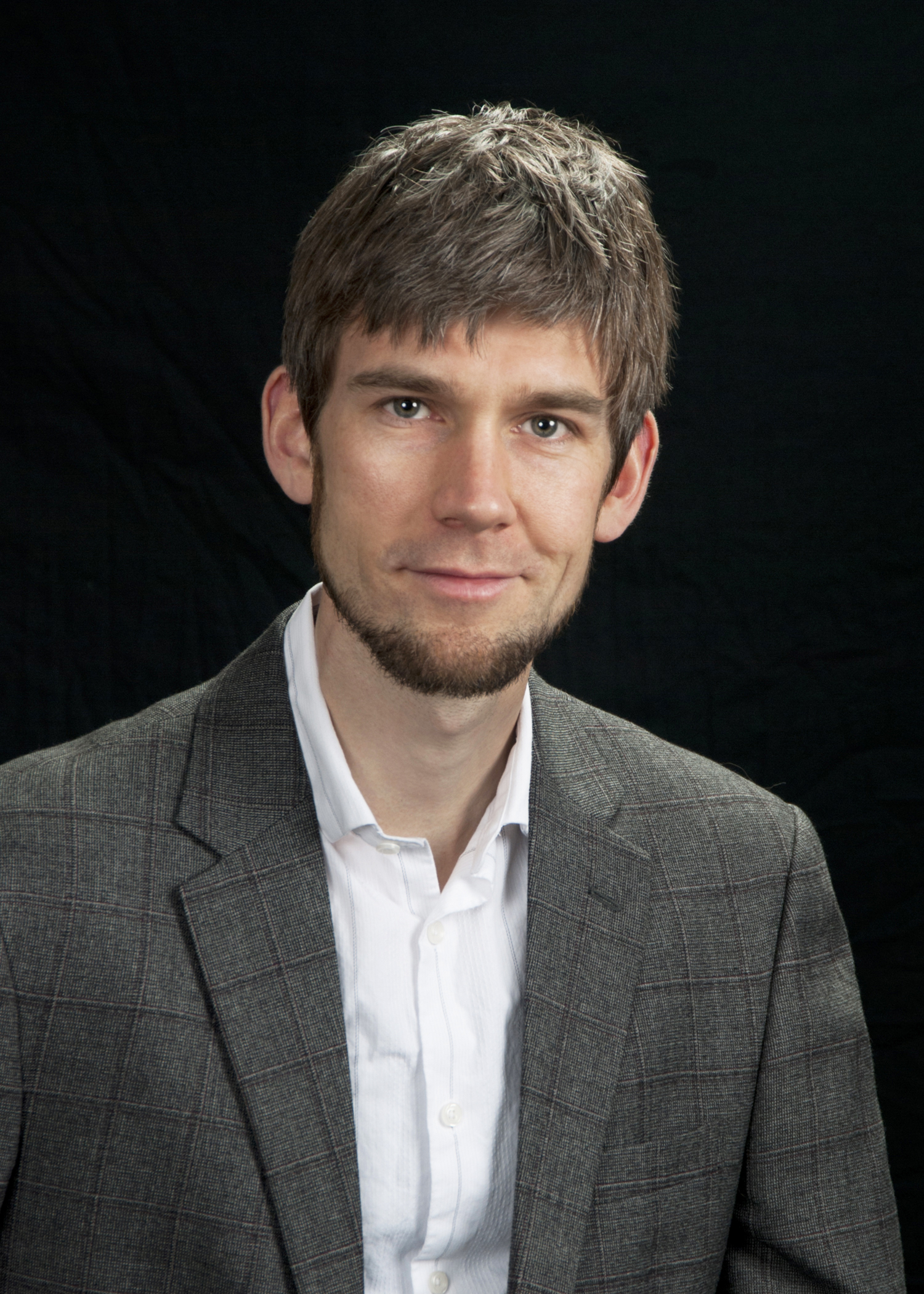
Darwin's Dangerous Idea by Daniel C. Dennett (Simon & Schuster, $19).
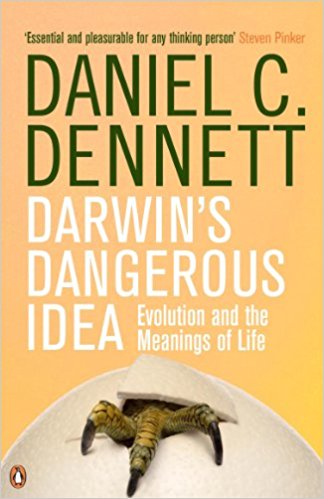
I was like Kant reading Hume when I opened this book, because it woke me from small-minded slumber. Before Darwin's Dangerous Idea, I thought biology was basically just memorizing different parts of cells. Dennett opened my mind to the intricacies of evolutionary theory, and did so with wit and elegance.
Consilience by Edward O. Wilson (Vintage, $17).
The Week
Escape your echo chamber. Get the facts behind the news, plus analysis from multiple perspectives.

Sign up for The Week's Free Newsletters
From our morning news briefing to a weekly Good News Newsletter, get the best of The Week delivered directly to your inbox.
From our morning news briefing to a weekly Good News Newsletter, get the best of The Week delivered directly to your inbox.
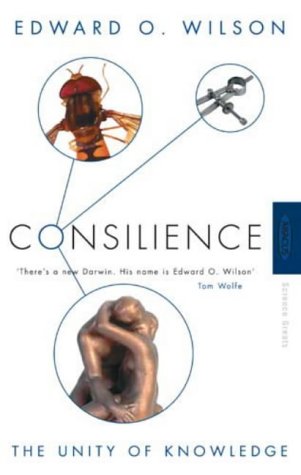
The ultimate big-picture book. Wilson outlines how fields like history and the humanities can incorporate insights from biology and the study of human nature — to the benefit of both science and the arts. Consilience offers a bracing look at the future of human knowledge.
The Baroque Cycle by Neal Stephenson (HarperCollins, $20 as an e-book).
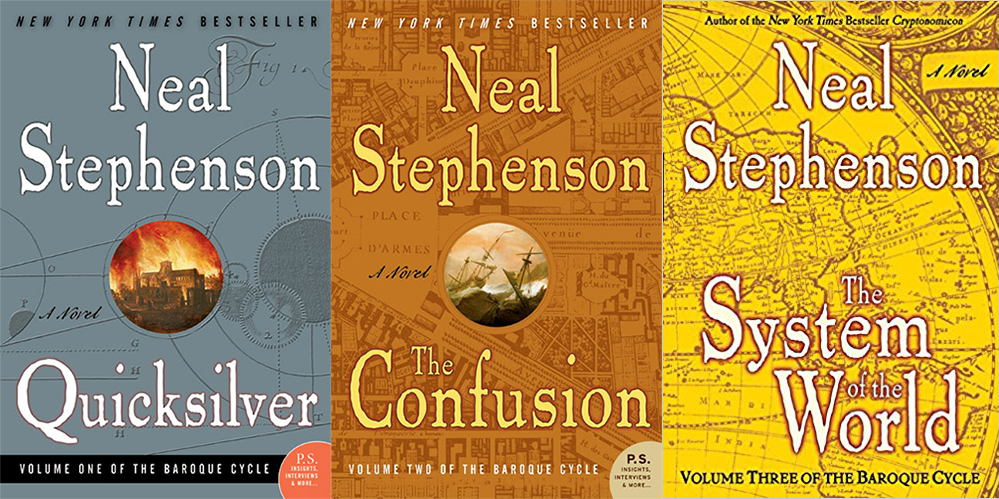
A 1,000-plus-page novel in three volumes about the origins of calculus might not sound promising, but Stephenson alchemizes science history into a gripping, swashbuckling, world-spanning adventure.
A Supposedly Fun Thing I'll Never Do Again by David Foster Wallace (Back Bay, $16).
A free daily email with the biggest news stories of the day – and the best features from TheWeek.com
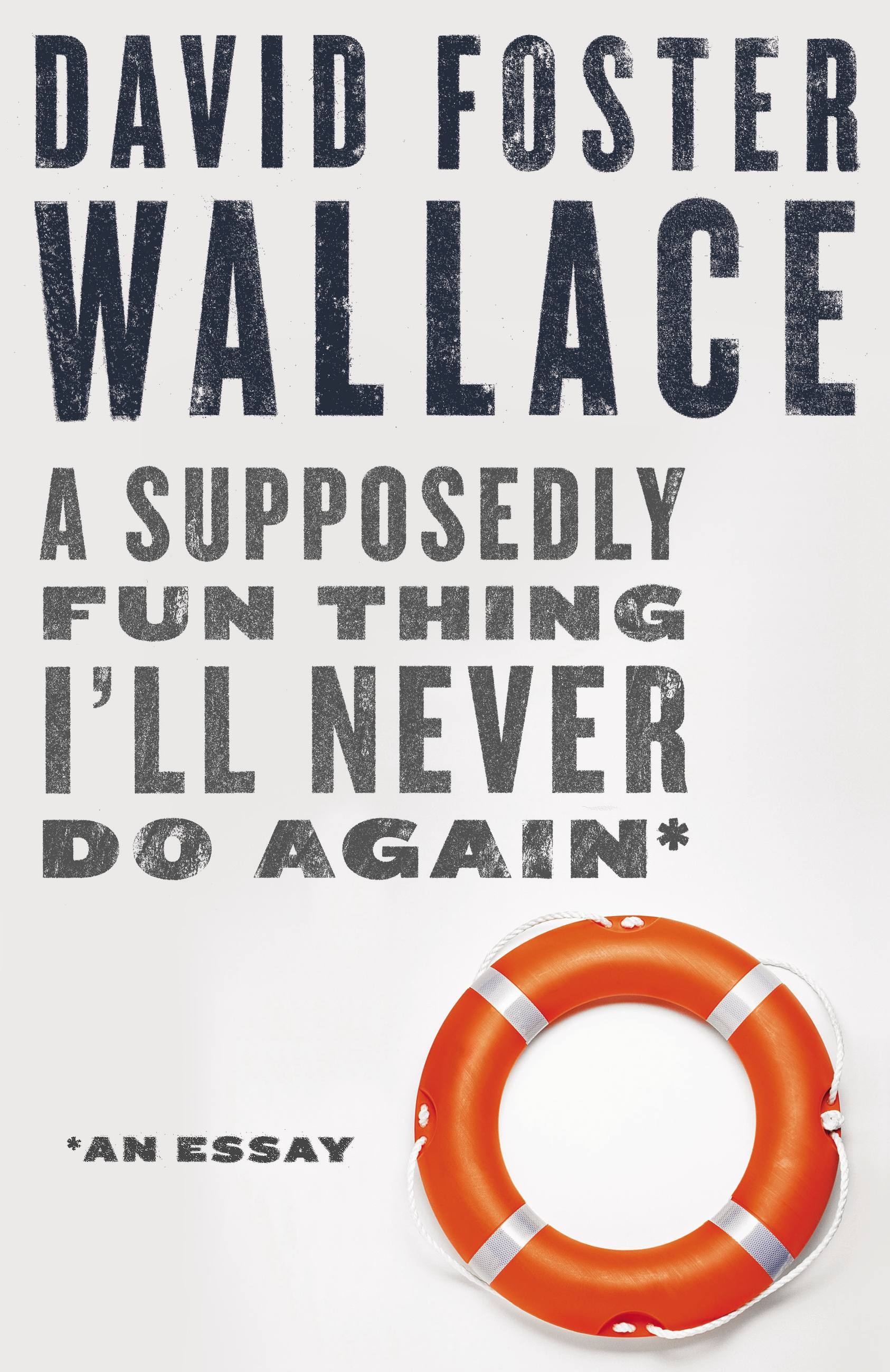
The first book I read that made me say I want to do that; I want to write like that. No one ever mixed erudition and earnestness like DFW, and this book was my favorite of his. I still remember having to put it down, multiple times, because I was laughing so hard.
Childcraft: The How and Why Library (World Book, $150).
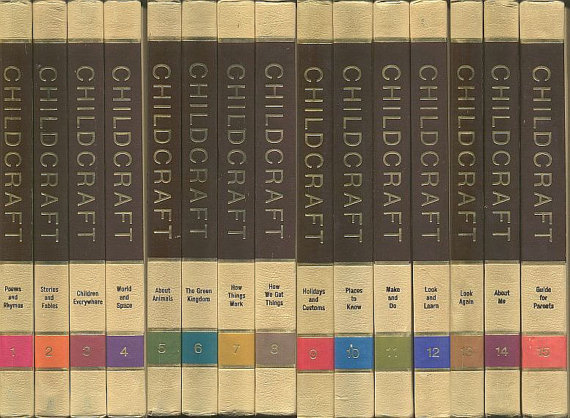
This was a set of children's reference books, divided by topic, that my mother bought at a grocery store. I got obsessed with them in the way that only kids can get obsessed with things: I read the volumes Myths & Legends and The Puzzle Book probably 20 times each. I still get excited when I visit my parents' home and see them.
The Book of Barely Imagined Beings: A 21st Century Bestiary by Caspar Henderson (Univ. of Chicago, $20).
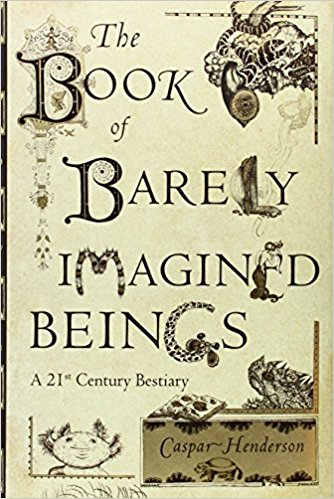
Imagine a medieval bestiary of whimsical creatures, but with a twist — the animals here really exist. The book moves alphabetically from axolotl to zebra fish, with a new delight on every page. It's a perfect reminder of what biologist J.B.S. Haldane once said: that the universe is not only stranger than we imagine, it's stranger than we can imagine.
— Sam Kean's new book, Caesar's Last Breath, explains how the air we breathe tells the world's history.
-
 Mixed nuts: RFK Jr.’s new nutrition guidelines receive uneven reviews
Mixed nuts: RFK Jr.’s new nutrition guidelines receive uneven reviewsTalking Points The guidelines emphasize red meat and full-fat dairy
-
 Will regulators put a stop to Grok’s deepfake porn images of real people?
Will regulators put a stop to Grok’s deepfake porn images of real people?Today’s Big Question Users command AI chatbot to undress pictures of women and children
-
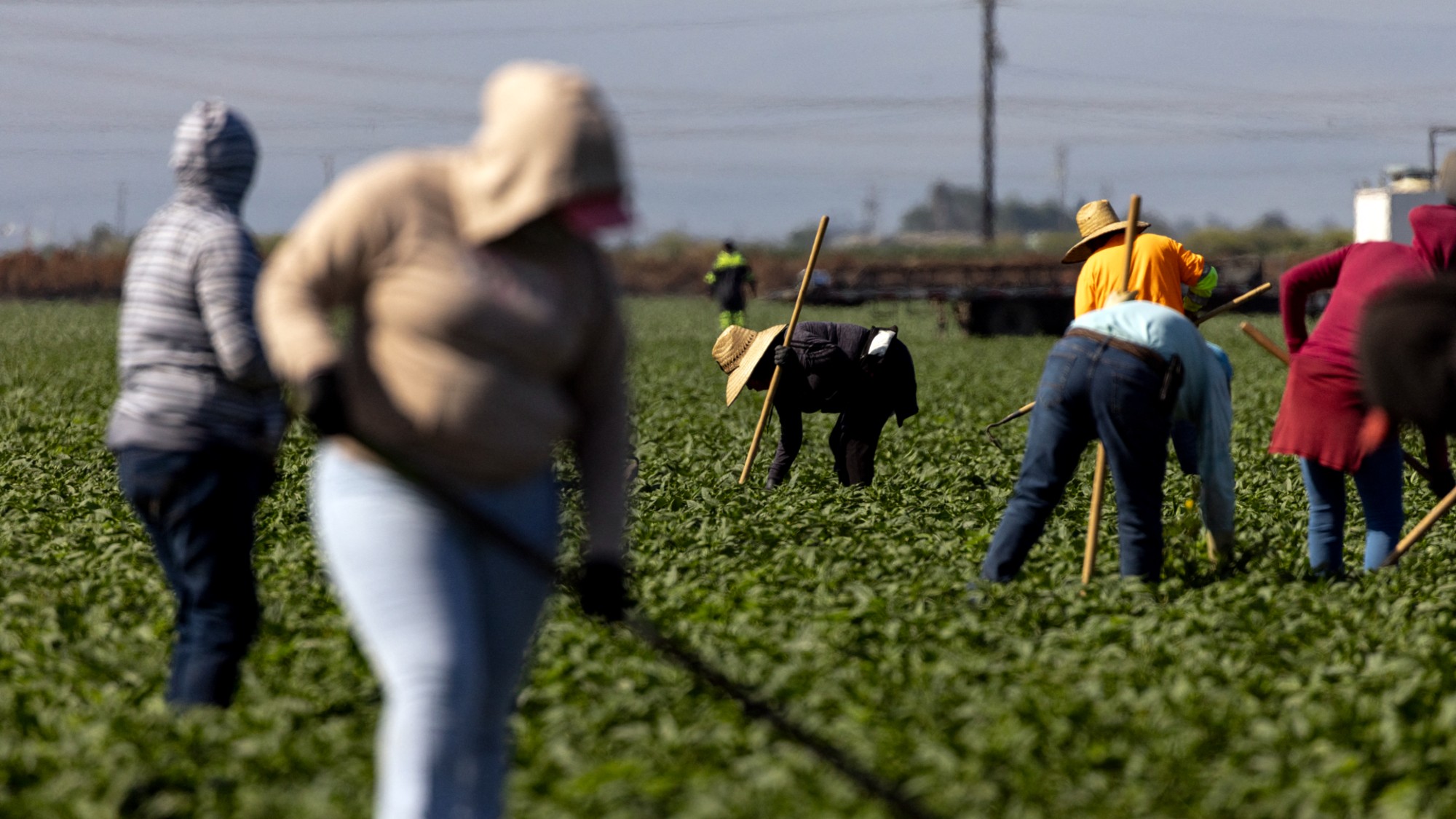 ‘All of these elements push survivors into silence’
‘All of these elements push survivors into silence’Instant Opinion Opinion, comment and editorials of the day